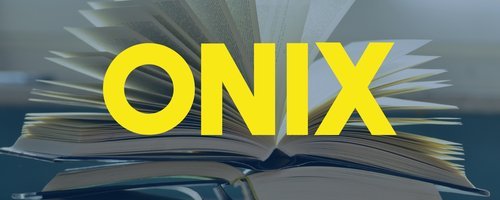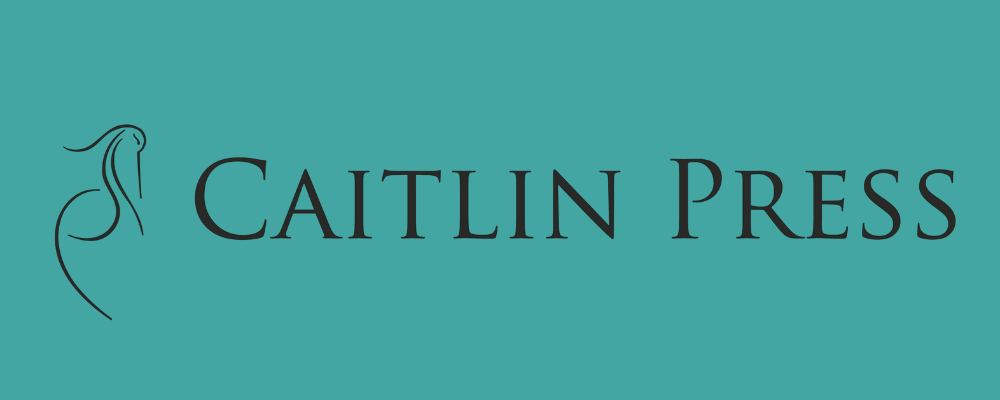Recently, a BookNet Canada client was at a conference and was told that four or five BISAC subject codes were now advised and they wanted to know what I thought. The following isn’t a formal answer about best practices, it’s more a summary of what I know and what I can speculate.
I have noted that in BiblioShare, BookNet’s data aggregation service, more companies are issuing five or more BISAC subject codes. (As well as violating normal BISAC recommendations by mixing YA and general subjects.) So I can confirm that whether or not it’s a good idea, it’s happening.
I'm not aware of any formal change in BISG's recommendations around BISAC so I can’t speak to where the authority for the advice comes from. My understanding of their last recommendation is still that “BISG best practices recommend that you select no more than three BISAC codes for any title.” So while there’s no limit to the number of codes that can be used, three or fewer is the expectation and five would be exceptional.
Using BISAC
As far as I know, BISAC codes are still used to represent a group of like books that sell in reasonable numbers, sometimes thought of as “where the book would be shelved,” or, to quote the BISG website, BISAC subject codes are used to “categorize books based on topical content.”
BookNet has representation on the BISAC Subject Codes Committee and my colleague Elizabeth serves in that fray. She reports that the committee is opening up BISAC to add codes to cover a variety of needs — including diversity. What or how much change will happen from that isn’t clear but Elizabeth has a proposal around Canadian Indigenous values on the go.
Speaking of additions to the codes: BISAC remains organized on its "literal" (a.k.a. description) so with new inserts the ordering of the actual codes within subject groups is getting a bit disordered. That’s not a particular problem for data creators who select them using the literal. Reconstructing the hierarchy from the code within that subject group by end users would be harder, but not impossible. Arguably it doesn’t matter as end users display the literal and it will embody the hierarchy.
I can speculate that if BISAC is expanding its list, more codes will remain static year to year. My logic is simply that as the number of the codes expands, the number of revised codes will likely remain about the same. There’s only so much work a committee can do, particularly if more time is spent adding codes. I’ve always thought that one of the strengths of the BISAC subject system is its regular renewal and change so I hope my speculation is unfounded.
My personal opinion is that I think that publishers would do better by continuing to support BISAC as focused groupings of currently selling books in North America. That's actually very useful and a position BISG has defended for years. It’s effective for retailers and the specificity helps to direct books to the attention of their best buyers.
Adding Thema
But I assume that publishers will add Thema to their rosters. It's designed, from the ground up, to support library-subject-like additive use. Its codes are easier for end users to use because the codes contain the hierarchy. The order of the list comes from the code not the description. It already has ample support for diversity and can create whatever BISAC is adding. Many diversity values are best carried as qualifiers, which are more suited to the purpose. Qualifiers aren't subjects but modifiers to the subject.
A concept/word-based subject list like Thema is extremely useful because it acts as a bridge between the market-selling macro-subjects that BISAC provides and the free-form, SEO-specific keyword entries. A published list of terms provides flexibility for supporting a “when you use this term we can” association that can drive websites. It also saves space in keyword entries.
As long as I’m speaking for myself, I can be as grumpy as I want. This is what I hear about Thema:
“It’s too hard to use.”
“No one provides qualifiers.”
“We don’t see use so we won’t supply / We don’t see use so we won’t load what’s available.”
“We’ll wait 'til Amazon makes us load it.”
Yadda yadda. Short-sighted claptrap. I’m glad I got that off my chest.
No one provides BISAC Merchandising codes either, or typically provides a particularly good BISAC Regional Theme code. I simply do not know why anyone thinks taking a subject system that’s well designed, well run, and extremely effective and expanding it will work. That’s asking it to do something it’s not well designed to do. BISAC subjects were always intended to be a small, limited list useful to retailers and publishers with minimal training. Its rules were strict to make it more usable by retailers. Focused scope and efficacy becomes unwieldy loose goose that will somehow remain “easier to use” than a subject standard like Thema that’s designed from the ground up to support scale.
Thema is translated into 20 other languages.… Long term, surely this will mean more if you're looking to expand market reach. It's not really a question of if you should use Thema, it really should be: Can you defensibly continue to support BISAC?
Asked that way, I’d strongly argue that you should continue to support BISAC. The supply chain is stronger for it.












Find out what titles made it to the May 2025 Loan Stars Junior Canadian list.